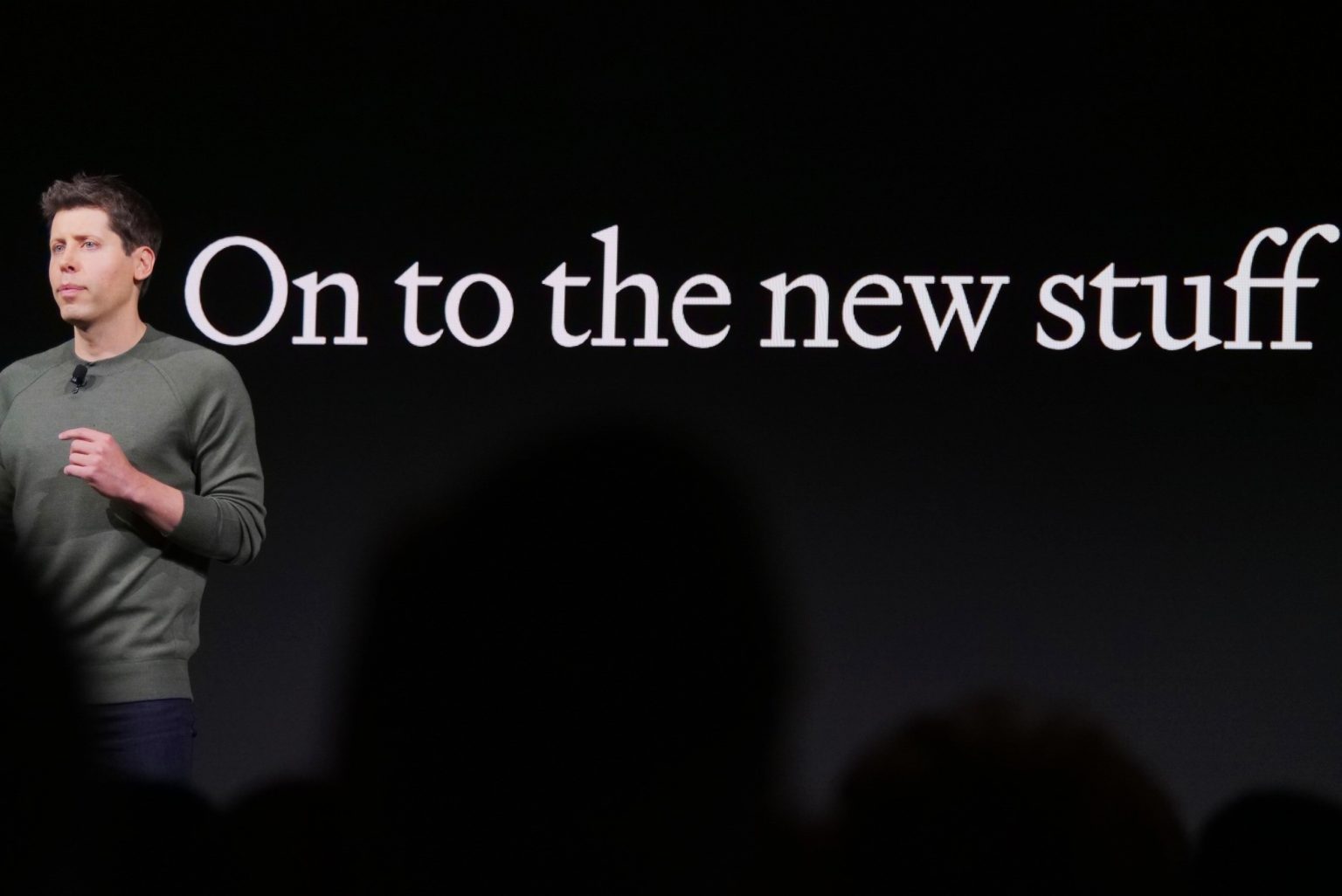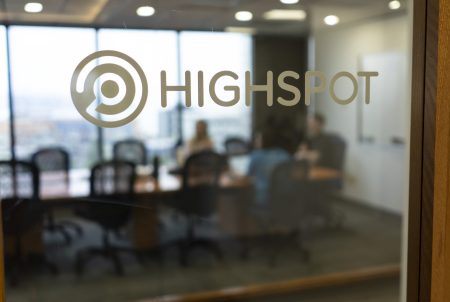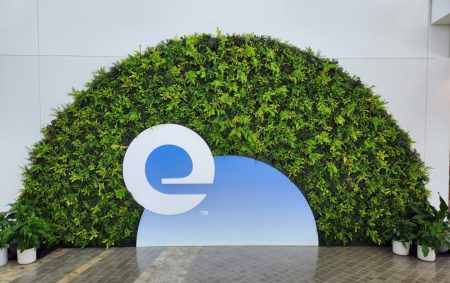Microsoft and OpenAI Forge New Partnership Terms in Landmark AI Agreement
In a significant recalibration of one of tech’s most consequential alliances, Microsoft and OpenAI have unveiled the detailed terms of their revised partnership agreement. The announcement, made on a crisp Tuesday morning in late October, represents months of careful negotiation between the software giant and the AI research organization that has helped reshape our technological landscape. This new arrangement strikes a delicate balance that allows both companies to maintain their strategic alliance while creating more room for independent growth and development in the rapidly evolving artificial intelligence space.
The heart of the agreement centers on a restructured investment that sees Microsoft taking a 27% equity stake in OpenAI’s new for-profit entity, OpenAI Group PBC (Public Benefit Corporation). While this represents a reduction from the previous 32.5% stake, the new position is valued at approximately $135 billion—a remarkable return on Microsoft’s original $13.8 billion investment. This adjustment reflects both the exponential growth in OpenAI’s market valuation and a recalibration of influence between the partners. The decrease in equity percentage should not be misinterpreted as Microsoft retreating; rather, it represents a maturation of the partnership into one where both organizations can maintain their distinctive strategic visions while continuing to benefit from deep collaboration.
In exchange for this adjusted equity position, OpenAI has committed to a massive expansion of its cloud computing usage, contracting to purchase an additional $250 billion in Microsoft Azure cloud services—a commitment that ensures Microsoft remains the essential infrastructure provider powering OpenAI’s computational needs. However, in a noteworthy concession that speaks to OpenAI’s growing leverage, Microsoft will no longer hold a “right of first refusal” on new OpenAI cloud workloads. This modification grants OpenAI greater flexibility to potentially work with other cloud providers as its needs evolve, addressing what had been a significant constraint on OpenAI’s operational autonomy. The change acknowledges the maturing AI landscape where flexibility and optionality have become increasingly valuable, even as it preserves Microsoft’s position as OpenAI’s primary technological foundation.
The revised agreement also extends Microsoft’s intellectual property rights to OpenAI models and products through 2032, lengthening the timeframe from the previous arrangement. This provision ensures Microsoft maintains long-term access to the AI technologies that have become increasingly central to its product portfolio and market strategy. From Copilot integrations across Microsoft’s suite of productivity tools to the Azure AI platform offerings, OpenAI’s technologies have become fundamental to Microsoft’s competitive positioning against rivals like Google, Amazon, and Apple. The extended timeline provides Microsoft with the certainty needed for long-term product planning while still acknowledging that the rapidly evolving AI landscape may require further adjustments in the years ahead.
Perhaps most intriguing is the agreement’s handling of Artificial General Intelligence (AGI)—the hypothetical AI system with human-level understanding and learning capabilities across diverse domains. The new partnership introduces a significant governance mechanism, stipulating that any declaration of AGI achievement by OpenAI would now require verification by an independent expert panel. This provision addresses a previous ambiguity where an ill-defined AGI milestone might have triggered new provisions in the partnership agreement. The change reflects growing industry recognition that AGI represents not just a technological threshold but also a governance challenge requiring thoughtful, multi-stakeholder oversight. It suggests both companies are thinking seriously about the longer-term implications of increasingly powerful AI systems while establishing more transparent accountability mechanisms.
The market has responded positively to this clarification of the partnership terms, with Microsoft shares climbing 2% in early trading following the announcement. This uptick likely reflects investor relief that the uncertainty surrounding this crucial alliance has been resolved ahead of Microsoft’s upcoming earnings report. Analysts had suggested that ambiguity about the OpenAI relationship was creating a drag on Microsoft’s stock performance despite the company’s strong fundamentals. As both organizations move forward under this revised framework, the technology world will be watching closely to see how this rebalanced partnership influences the trajectory of AI development. The agreement represents more than just a business arrangement—it’s a framework for collaboration between two organizations helping to define how advanced AI capabilities will be developed, deployed, and governed in the years ahead.















